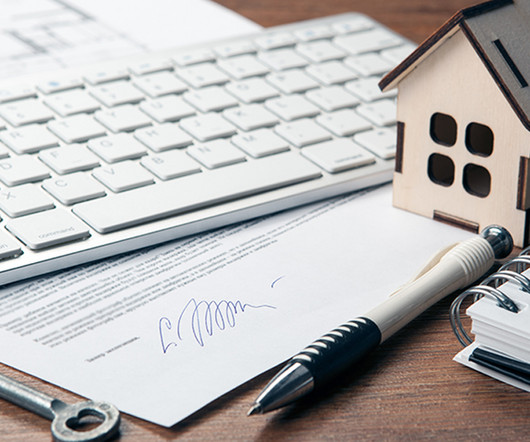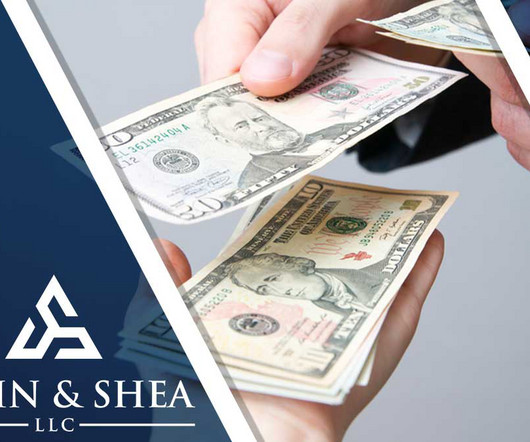Idaho Bankruptcy Court Holds that Later-Recovered Assets Revert to Borrower Absent Plan Provision to the Contrary
Troutman Sanders
FEBRUARY 16, 2024
Bankruptcy Court for the District of Iowa, absent a plan provision providing otherwise, those funds revert to the debtors. In In re McCrorey , the debtors confirmed a chapter 13 plan, which required them to make payments for 60 months and provided no payments to unsecured creditors.














Let's personalize your content